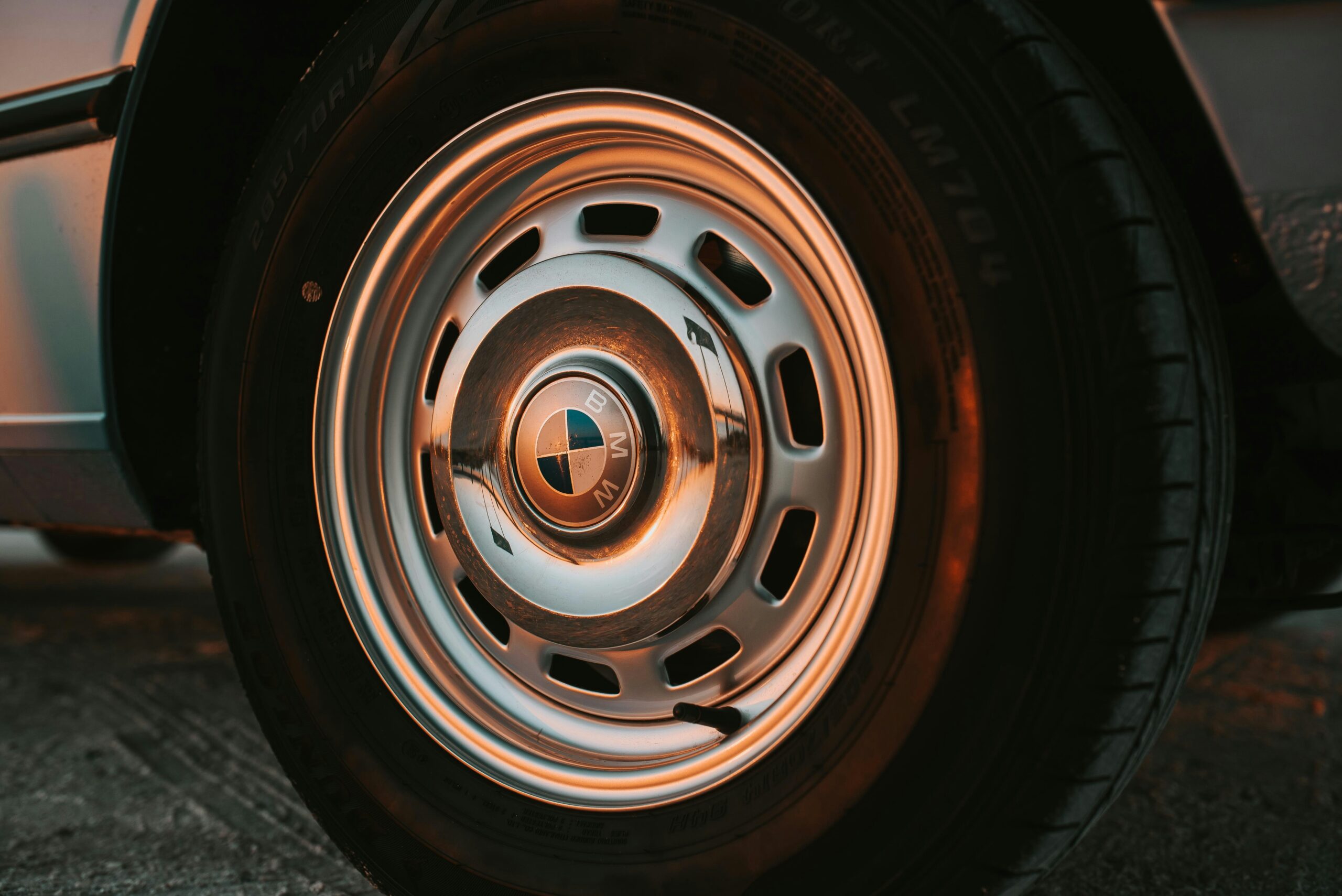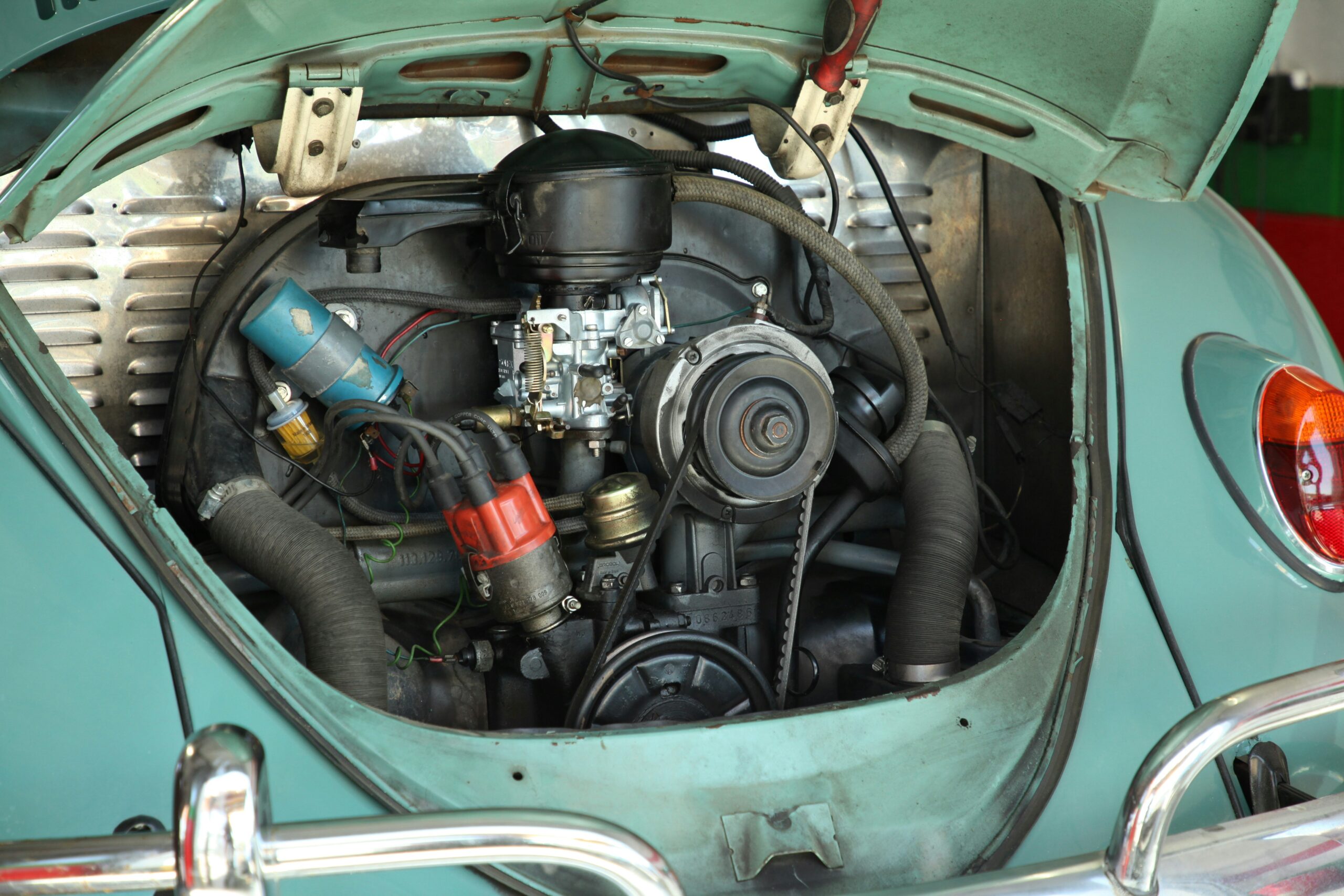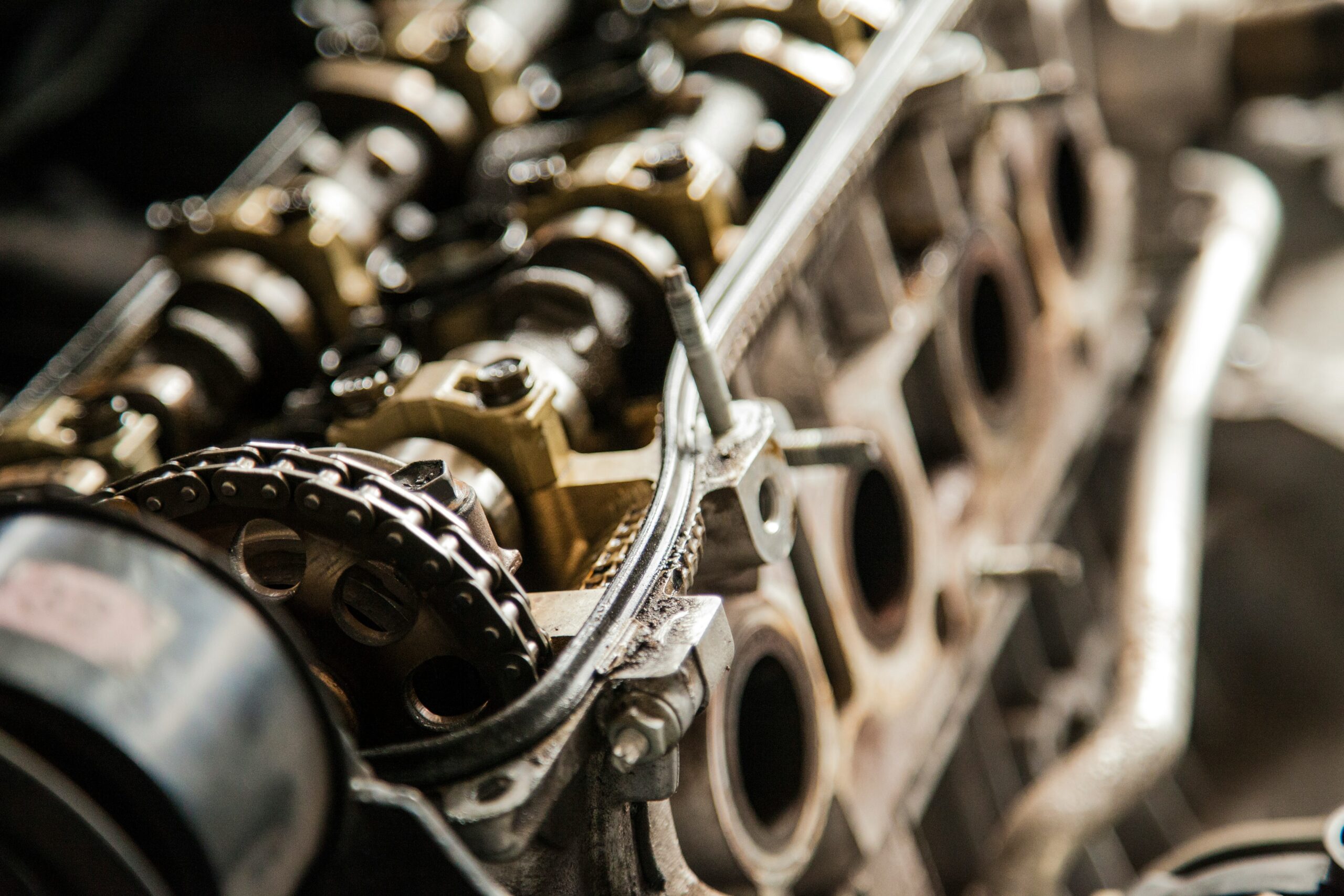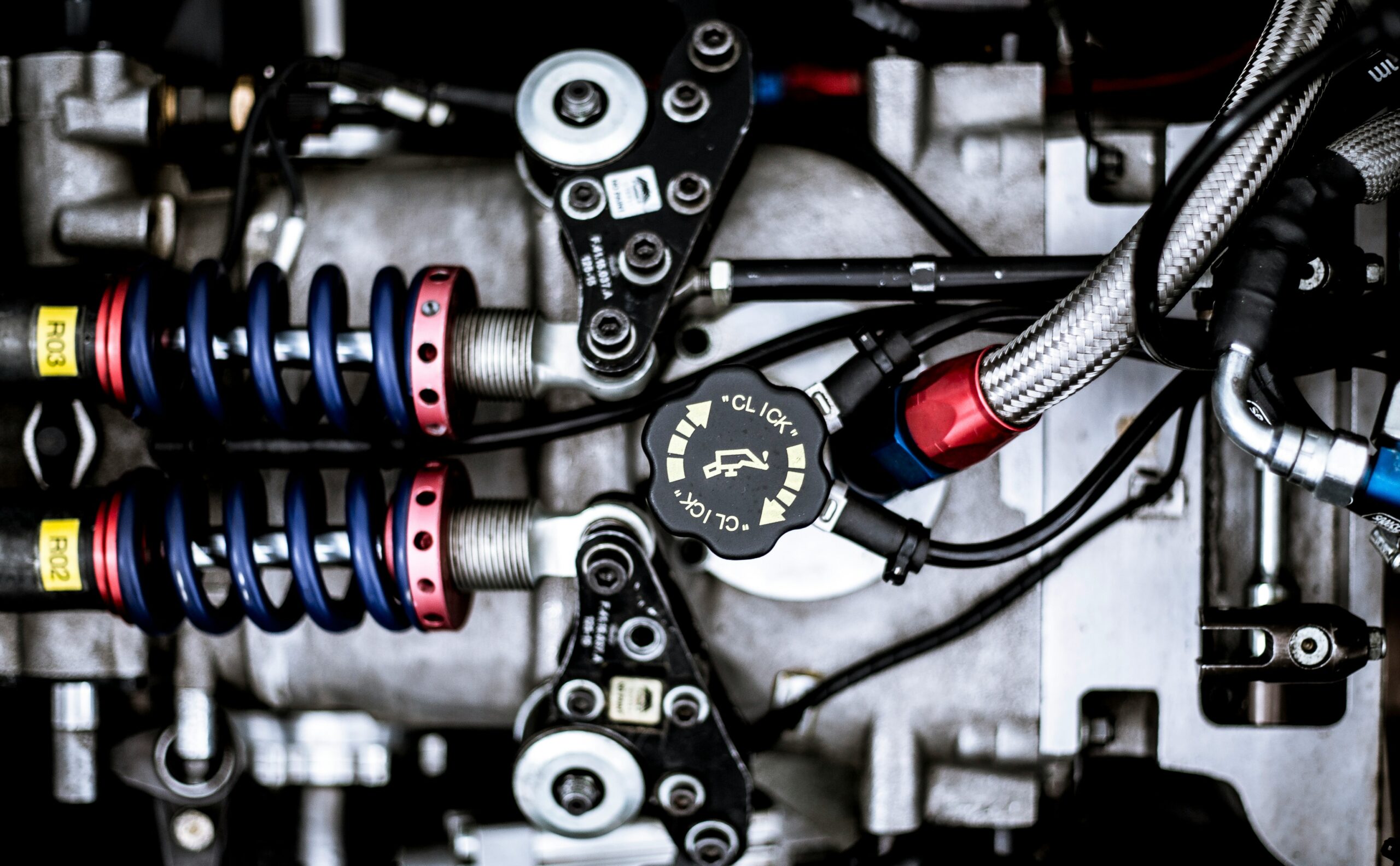- Your cart is empty
- Continue Shopping
Car Bearings: The Unsung Heroes of Smooth Driving

When we think about cars, most people focus on engines, brakes, or tires. Yet, hidden within the wheel assemblies and other moving parts are car bearings, which are small but essential components that keep everything running smoothly. Without bearings, vehicles would experience friction, noise, and rapid wear, making driving unsafe and uncomfortable.
What Are Car Bearings?
Car bearings are precision-engineered components that reduce friction between moving parts and allow for smooth rotation. They are made of hardened steel and designed to carry heavy loads while minimizing wear and tear. In automobiles, bearings are used in wheels, transmissions, engines, and steering systems.
Types of Car Bearings
- Wheel Bearings
- Located inside the hub of each wheel.
- Enable wheels to rotate smoothly with minimal friction.
- Sealed to protect against dirt, debris, and water.
- Engine Bearings
- Found in the crankshaft and connecting rods.
- Support high-speed movement of engine components.
- Reduce friction between rotating and stationary parts.
- Transmission Bearings
- Used inside gearboxes.
- Help gears rotate freely and handle torque transfer.
- Clutch Release Bearings
- Found in manual transmission systems.
- Allow smooth engagement and disengagement of the clutch.
- Steering Column Bearings
- Provide smooth operation of the steering wheel.
Functions of Bearings in Cars
- Reducing Friction: Ensures smoother movement of parts.
- Load Support: Bears the weight of the vehicle and its occupants.
- Longevity: Protects parts from excessive wear and extends lifespan.
- Safety: Prevents overheating and failures that could cause accidents.
- Performance: Improves driving comfort, handling, and fuel efficiency.
Signs of Worn or Damaged Bearings
A failing bearing can compromise safety. Common symptoms include:
- Grinding or humming noises from wheels.
- Uneven tire wear.
- Steering wheel vibrations.
- ABS (Anti-lock Braking System) warning light (in some cases).
- Loose or wobbly wheel movement.
Maintenance and Care for Bearings
- Regular Inspection: Bearings should be checked during tire rotations and servicing.
- Proper Lubrication: Greased or sealed bearings must be maintained to prevent friction.
- Avoid Overloading: Excessive weight puts extra strain on bearings.
- Quality Replacement: Always use genuine or high-quality aftermarket bearings for replacements.
Future Trends in Car Bearings
As vehicles evolve, especially with the growth of electric vehicles (EVs), bearings are adapting too. EVs require low-friction, energy-efficient bearings that can handle higher torque loads while contributing to overall efficiency. Additionally, smart bearings with sensors are being developed to monitor performance in real-time.
Though small in size, car bearings are vital for vehicle safety, performance, and comfort. They ensure smooth motion, reduce wear on critical parts, and support the overall functionality of a car. Regular maintenance and timely replacement of bearings can prevent costly repairs and keep your vehicle running safely for years.




